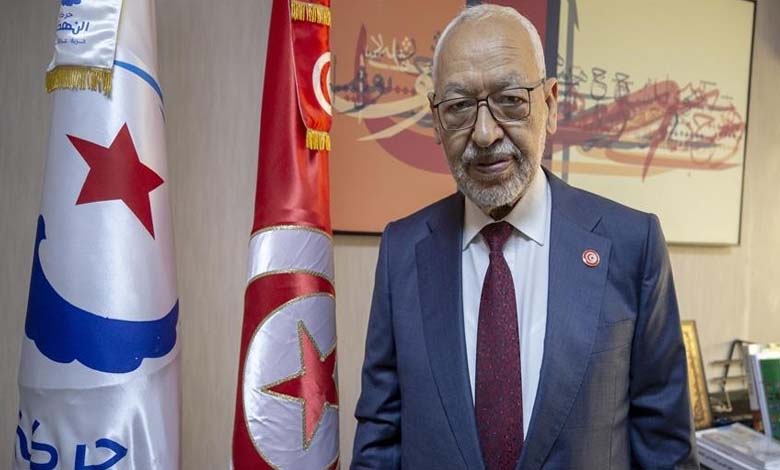Tunisia’s Muslim Brotherhood Pursues Internal Destabilization: What’s New?

As Tunisia’s Muslim Brotherhood movement, embodied by the Ennahdha party, continues its efforts to undermine state institutions from within — through a network of loyalists still embedded in various branches of the administration — President Kaïs Saïed remains steadfast in exposing their hidden agendas and revealing their subversive strategies.
-
As the election date approaches… Muslim Brotherhood in Tunisia intensifies efforts to disrupt
-
Who is Noureddine Bhiri, the mastermind of the Muslim Brotherhood in Tunisia, accused in the travel case after being sentenced?
During a meeting with Prime Minister Sarra Zaâfrani, President Saïed emphasized that “The Tunisian state is one and indivisible. There is no such thing as two states — one visible and one generally described as hidden.” He was referring to a parallel system composed of remnants of counter-revolutionary elements whose sole aim is to provoke unrest and inflict suffering on citizens, an explicit allusion to the Muslim Brotherhood.
He firmly stated that no one is above legal accountability, adding that the Tunisian Constitution enshrines the principle that the public administration and state institutions must serve citizens with neutrality and equality, and that any discrimination based on political affiliation constitutes a crime punishable by law.
-
Saied is determined to eliminate the Muslim Brotherhood in Tunisia… Details
-
Its effects are no less than bombing Palestinian hospitals… Saied speaks about the corruption of the Brotherhood in Tunisia
President Saïed also stressed the need for a legislative revolution paired with a fundamental administrative reform, insisting that legal texts alone are insufficient without honest and transparent implementation.
Tunisian political analyst Monji Essrarfi stated that President Saïed was clearly referring to the Brotherhood when he spoke of “pockets of regression.” He said that the group is exploiting economic and social crises to destabilize the nation, hoping to manipulate public frustration and regain political influence.
-
The Ennahdha Movement collapses… Crises hit the Muslim Brotherhood in Tunisia
-
Painful end for the Brotherhood in Tunisia… demands to dissolve Ennahdha movement after the arrest of Ghannouchi
Essrarfi added that there is a strategic alliance between the Brotherhood and certain corruption networks, which leverage Tunisia’s ongoing challenges to further disrupt governance.
He recalled that Ennahdha had preemptively embedded thousands of its supporters within state institutions, a move that now serves the group’s attempt to undermine the political shift that began on July 25, 2021 — the day Ennahdha was ousted from power. Despite the arrest of many of its leaders on terrorism charges, the Brotherhood continues to act from within.
-
The leaders of the Brotherhood in Tunisia before the judiciary.. The start of the investigations of “Deportation of Terrorist”
-
After the failure of the Brotherhood in Tunisia.. Is Kais Saied ending the legacy of Ennahdha and its corruption?
He concluded that “The Brotherhood’s maneuvers to re-enter the political scene are futile because the Tunisian people are now alert and aware of the group’s intentions and will not accept its return.”
It is worth noting that Ennahdha took advantage of the February 2011 General Legislative Amnesty Decree to place thousands of its loyalists in government institutions and award them generous financial compensation.
A special fund and a dedicated account within the public treasury were created, bypassing legal procedures, under the pretext of “compensating victims of political oppression granted general amnesty.” These measures placed a heavy burden on the Tunisian state’s finances, ultimately affecting the country’s economic balance and public sector stability.












